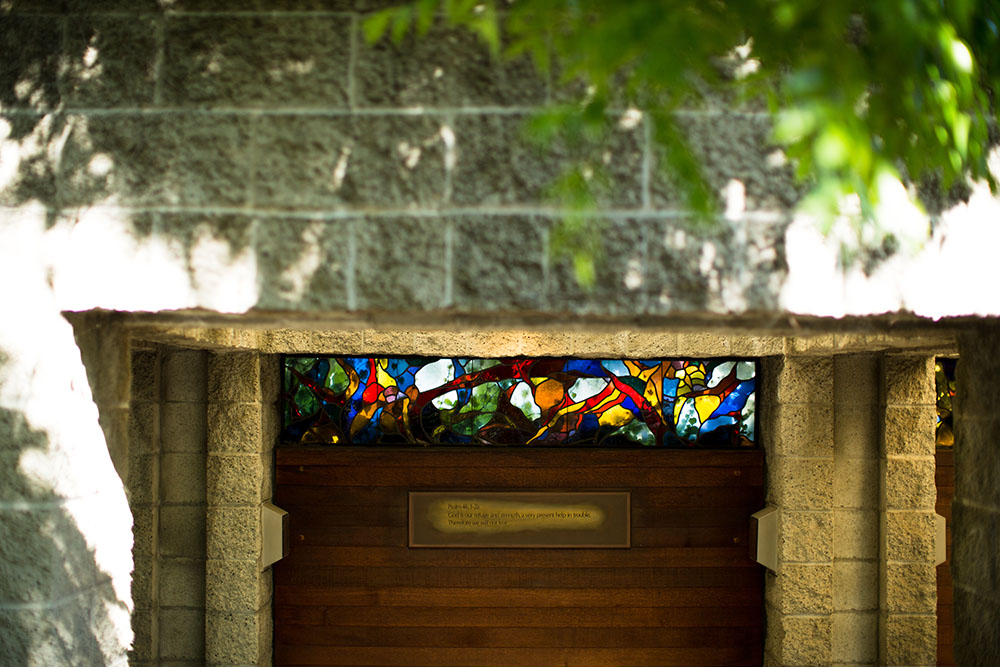Six Challenges of Missional Church Planting (Part 2)
Posted 08/14/2017 in Church Planting
This second post by Dan Steigerwald addresses two challenges of developing a healthy core team. The first post is here and part 3 is here.
Challenge 3: Lack of team diversity and/or leadership strength among the core team.
In its initial stages, the endeavor to plant may start with a project team on the ground or only a loose band of missionaries teaming to get a lay of the land and establish a beachhead for planting. Eventually this team will need to evolve to include load-bearing individuals committed to overseeing groups and activities that nurture missional engagement and the forming of a solid core group. When the startup team lacks either enough leadership strength or enough leadership diversity overall, it will eventually stifle growth and may lead to the project fizzling out. How many times have we seen new seminary graduates join hands to plant a church, only to later discover that they are too much alike in their shepherd-teacher orientation? A higher density of the other Ephesian 4:11 leadership types (apostolic, prophetic, evangelistic) is needed in the early phases of planting to preserve this outward engagement and missionary impulse into the host culture. This “sodalic,” or outreaching, energy needs to be continually cultivated throughout the life cycle of a church’s development, to counter the natural inward-turning “modalic,” or nurturing, force that local bodies of Christians quickly generate when they taste authentic community together.
In addition to preserving the outward-inward tension of giftedness within their leadership core, planting teams also do well to mobilize other kinds of diversity—ethnic, gender, intergenerational, etc. Such variety ought to be pursued, especially if representative of the local demographic. Teams, however, need to discern the nature and timing of the diversity God is calling them to exemplify, rather than try to force or accommodate some idealistic notion of the perfect blended church.
While activating diverse, complementary types of leaders is important, it is perhaps even more important to build a team exhibiting pioneering leadership aptitude. This doesn’t mean we should expect a single leader to have all the competencies for church startup, but that a team should exemplify these forward-looking, entrepreneurial, group-mobilizing abilities. Church planting is more than simply rallying together and cohering a group of Christians into an identified community or a Sunday gathering. Structures and processes must be developed that enable the community to sustain itself, equip those involved, and move effectively into culture and toward those not knowing Jesus. All these require the gift of leadership to be operative within a collaborative point team.
Reflection/Coaching Questions: How would you evaluate your team’s outward “APE energy” (apostolic, prophetic, evangelistic)? Its leadership savvy? What are the core competencies of the point leader(s) and each member on the lead team, and where is there both complementarity and gaps in giftedness?
Challenge 4: Team implosion.
This used to be the single greatest factor that crashed plants, and it is probably still at the top. Whoever is running on point, regardless of how shared the leadership function is, needs to be committed not only to equipping their core team and stakeholders but also to holistically forming their emerging leaders. This means those called to lead and steward and serve a forming community need to prioritize and demonstrate their own commitment to personal development; otherwise, the whole team development process, no matter how well-intended, will eventually falter.
Teams also must develop a clear protocol for handling conflict, for it will surely come—even when there appears to be good relational chemistry within. A team charter, describing normal rules of engagement and what expectations each team member will mutually share, can also be helpful. Of course, there’s also no substitute for understanding team formation dynamics. And teams that want to grow and work effectively will need to take the time to understand mutual giftedness, passions, personality, etc. of teammates.
It’s important to add that building an environment of trust, respect, and mutuality may well posture an average team to accomplish far more than a highly gifted team that ignores good team dynamics (To build what’s needed for healthy team function, including a healthy approach to addressing conflict, church planting teams might consider working their way through Patrick Lencioni’s Five Dysfunctions of a Team and also Crucial Conversations, by Kerry Patterson and Joseph Grenny).
Reflection/Coaching Questions: What deliberate measures will you take during the critical first year to build your leadership team (its relationships, role diversity, team mandate, etc.)? What is your plan for addressing conflict, and how can you help the team develop/engage a good process for handling conflict?

Dan Steigerwald (dlsteigerwald@gmail.com) is a church planter, coach, and author, helping leaders and churches find creative perspectives, processes, and connections that enable them to mature and multiply shalom communities. As a coach, Dan helps planters discern ways of thinking and acting that allow them to naturally embody and express the gospel as local missionaries. Dan has written Grow Where You’re Planted, Growing Local Missionaries, and Dynamic Adventure: A Guide to Starting and Shaping Missional Churches. He and his wife Ann live in Portland, Oregon, where they enjoy spending time with their two daughters and green-minded friends.

